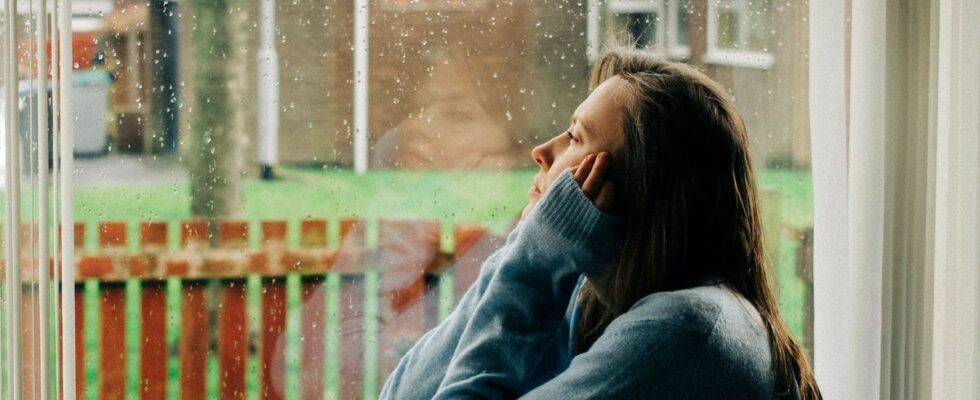Published on
updated on
Reading 2 min.
in collaboration with
Amélie Boukhobza (Clinical psychologist)
As the gloomy weather sets in across France, affecting the morale of many of us, it is good to remember that it is not always just a case of the blues. Amélie Boukhobza explains to us how to recognize and overcome this form of winter depression.
Winter, with its short days and lack of natural light, can take a toll on many people’s morale. Seasonal depression, often called “winter blues,” is a disorder that affects many people each year, leaving them tired, unmotivated and sometimes even sad. Fortunately, it is possible to overcome this difficult period. Our expert psychologist shares three practical tips to better understand this phenomenon and regain energy and well-being despite the gloomy weather…
Amélie Boukhobza: Seasonal depression is a form of recurring depression that appears each year with the reduction in the hours of natural light. It results in persistent fatigue, loss of motivation, an increased need for sleep, a desire to eat more than usual, as well as a feeling of sadness that is often difficult to explain. Unlike a simple bout of blues, this seasonal depression lasts several weeks and can really disrupt daily life.
When does it become a concern?
Amélie Boukhobza: When this seasonal depression strongly impacts the quality of life, alters social relationships, or makes day-to-day functioning difficult, it is important to act. If symptoms worsen, accompanied by dark thoughts or a general loss of interest, it goes beyond a simple response to winter to become a real psychological suffering that requires special attention.
Amélie Boukhobza: Several solutions exist to deal with seasonal depression. Light therapy, for example, is very effective in compensating for lack of light and stabilizing mood. Physical activity is also an excellent ally, as it stimulates the production of endorphins, thus providing natural well-being. It is also essential to maintain an active social life, as stimulating interactions provide energy.
Therapeutically, cognitive behavioral therapy (CBT) can be very useful in identifying and neutralizing negative thoughts related to lack of light. Finally, if the symptoms become too overwhelming, temporary drug treatment, in agreement with a healthcare professional, can be considered to get through this difficult period without becoming more depressed.

